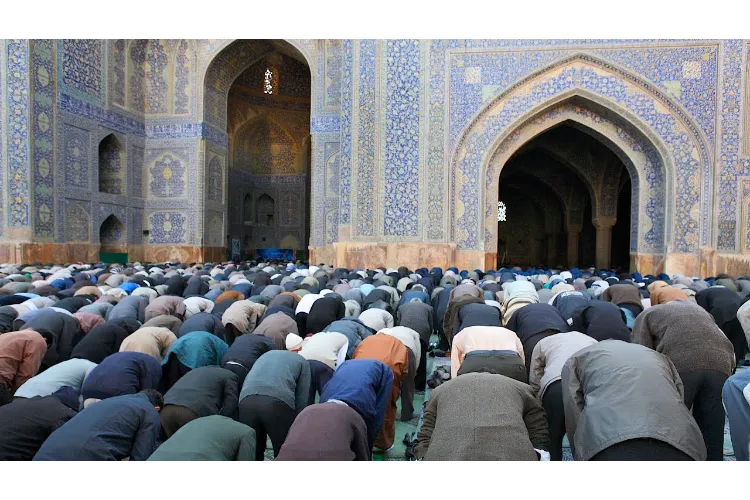



What do the scholars of the Dīn and muftīs of the Sacred Law state regarding the following issue: If there are quite a few people who have missed Jum’ah, so can they pray Zuhr together in congregation?
Questioner: Abdur Rahman from Nigeria
بسم الله الرحمن الرحیم
الجواب بعون الملک الوھاب اللھم ھدایة الحق والصواب
It is Makrūh for those who live in the city to pray Zuhr with congregation after Jum’ah in the city on the day of Friday; one is to refrain from this. Thus, one is not to pray Zuhr with congregation after Jum’ah salāh has been prayed; instead each individual will pray separately. It is Makrūh Tanzīhī for city dwellers to pray Zuhr in congregation after Jum’ah salāh has been prayed.
Just as it is stated in Durr Mukhtār ma’ Radd al-Muhtār,
“(وَكُرِهَ) تَحْرِيمًا (لِمَعْذُورٍ وَمَسْجُونٍ) وَمُسَافِرٍ (أَدَاءُ ظُهْرٍ بِجَمَاعَةٍ فِي مِصْرٍ) قَبْلَ الْجُمُعَةِ وَبَعْدَهَا لِتَقْلِيلِ الْجَمَاعَةِ وَصُورَةِ الْمُعَارَضَةِ (وَكَذَا أَهْلُ مِصْرٍ فَاتَتْهُمْ الْجُمُعَةُ) فَإِنَّهُمْ يُصَلُّونَ الظُّهْرَ بِغَيْرِ أَذَانٍ وَلَا إقَامَةٍ وَلَا جَمَاعَةٍ”
“(It is Makrūh) Tahrīmī (for an ill person, prisoner) and a traveller (upon whom Jum’ah is not Fard) to pray Zuhr in congregation in a city on the day of Friday; be it before or after Jum’ah salāh – both cases being Makrūh Tahrīmī. This is because it will reduce the size of the congregation for Jum’ah, and cause dispute. Likewise, those from the city who have missed Jum’ah are also to pray Zuhr salāh, without any Adhān, Iqāmah or congregation.”
[al-Durr al-Mukhtār ma’ Radd al-Muhtār, vol. 2, p. 157]
‘Allāmah Ibn ‘Ābidīn al-Shāmī, upon whom be infinite mercies, writes a footnote regarding this, stating that,
“(قَوْلُهُ وَكَذَا أَهْلُ مِصْرَ إلَخْ)الظَّاهِرُ أَنَّ الْكَرَاهَةَ هُنَا تَنْزِيهِيَّةٌ لِعَدَمِ التَّقْلِيلِ”
[al-Durr al-Mukhtār ma’ Radd al-Muhtār, vol. 2, p. 157]
Likewise, it is stated as so in Bahār-e-Sharī’at that (for an ill person, traveller, prisoner, or any other person upon whom Jum’ah is not Fard, to perform Zuhr in congregation on a Friday is Makrūh Tahrīmī; this is whether he performs the congregation before Jum’ah salāh takes place or after. Similarly), anyone who did not manage to pray Jum’ah should perform Zuhr individually without Adhān or Iqāmah; congregation is not allowed for them as well.
[Bahār-e-Sharī’at, vol. 1, part 2, p. 774]
والله تعالی أعلم ورسوله أعلم صلی الله علیه وآله وسلم
کتبه أبو الحسن محمد قاسم ضیاء القادري
Answered by Mufti Qasim Zia al-Qādiri
Translated by Haider Ali al-Madanī